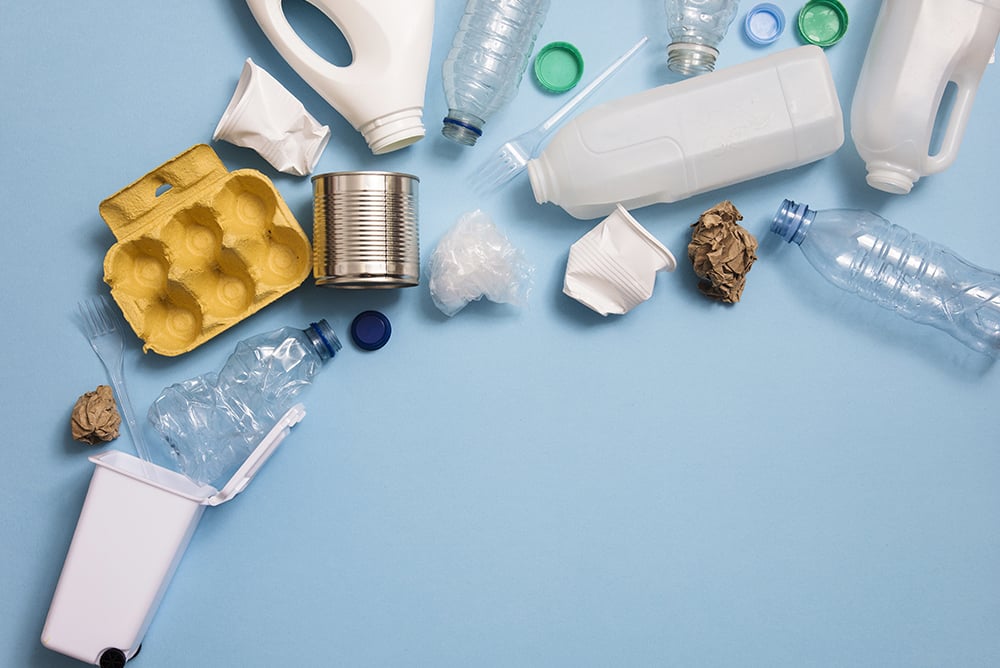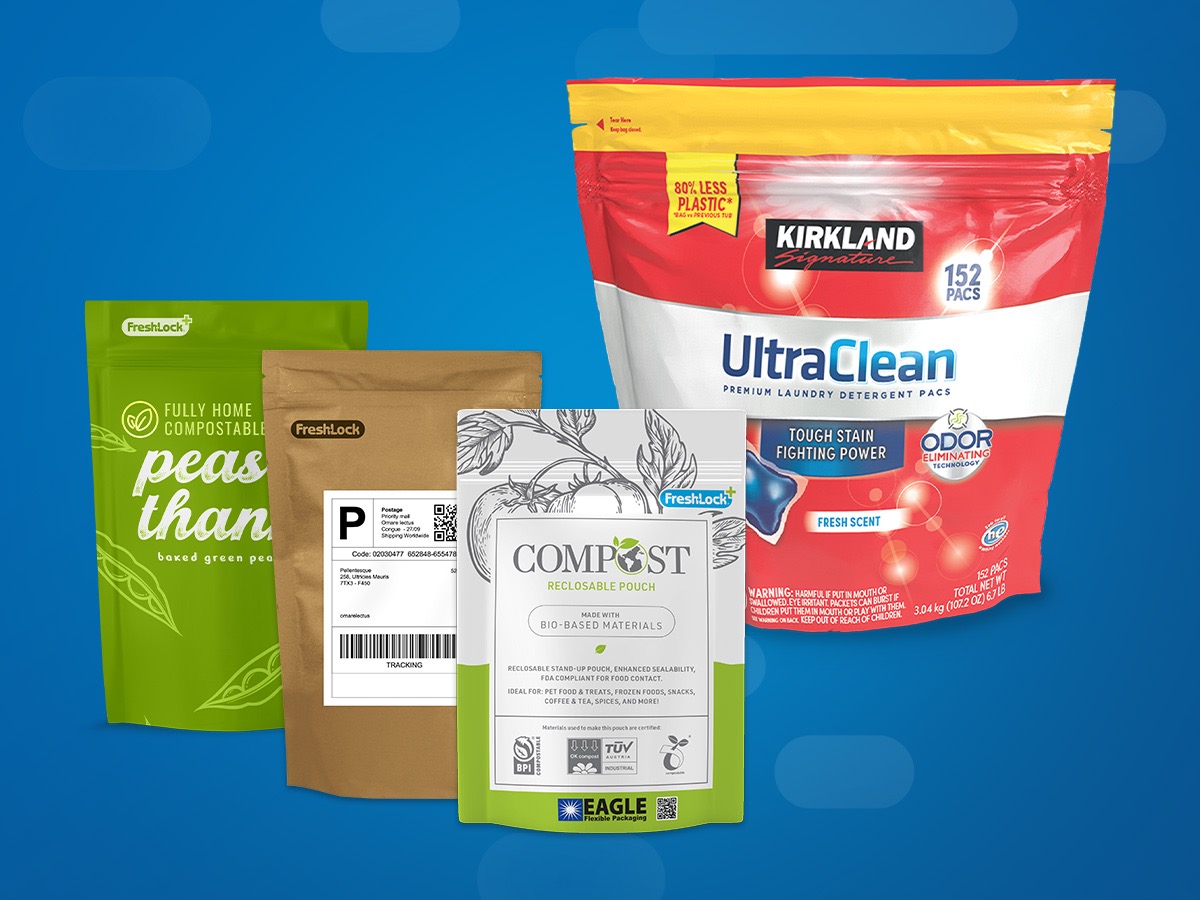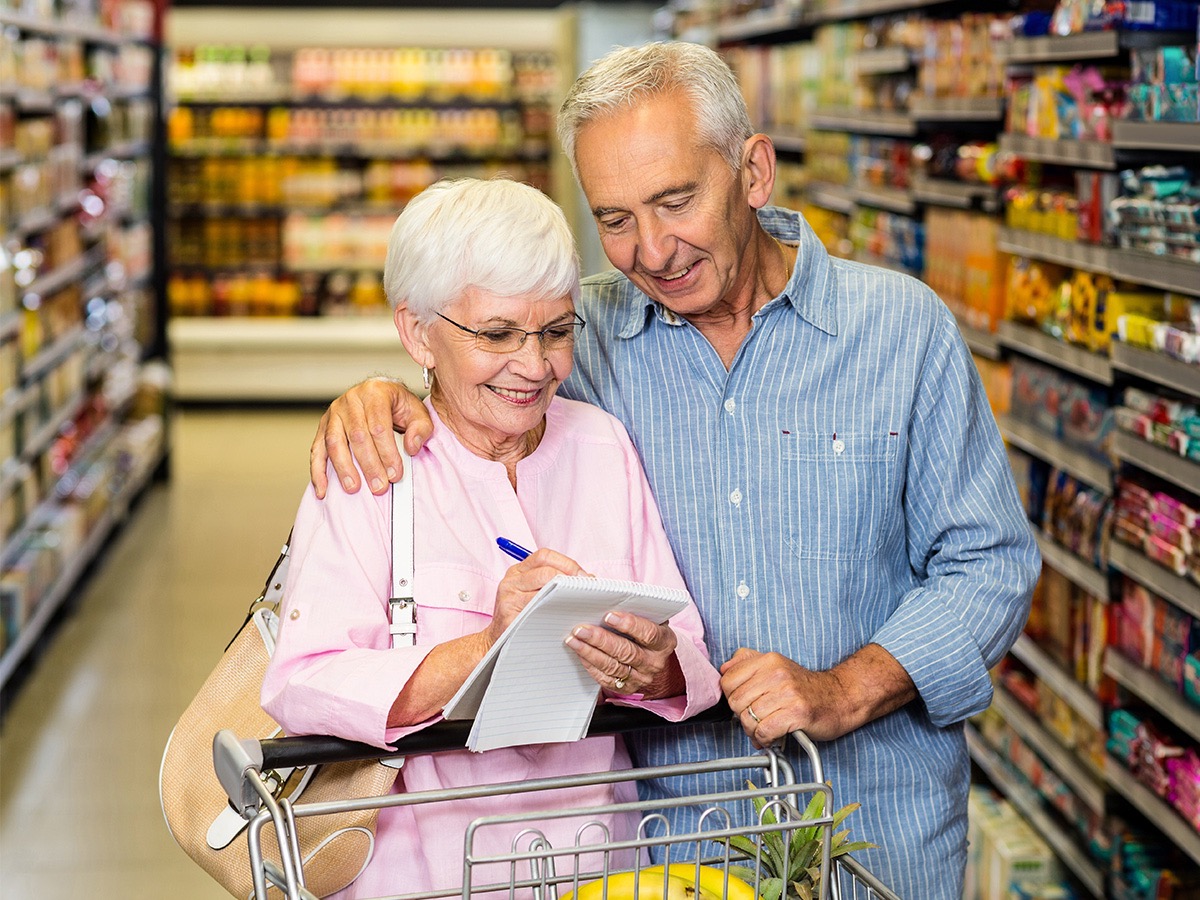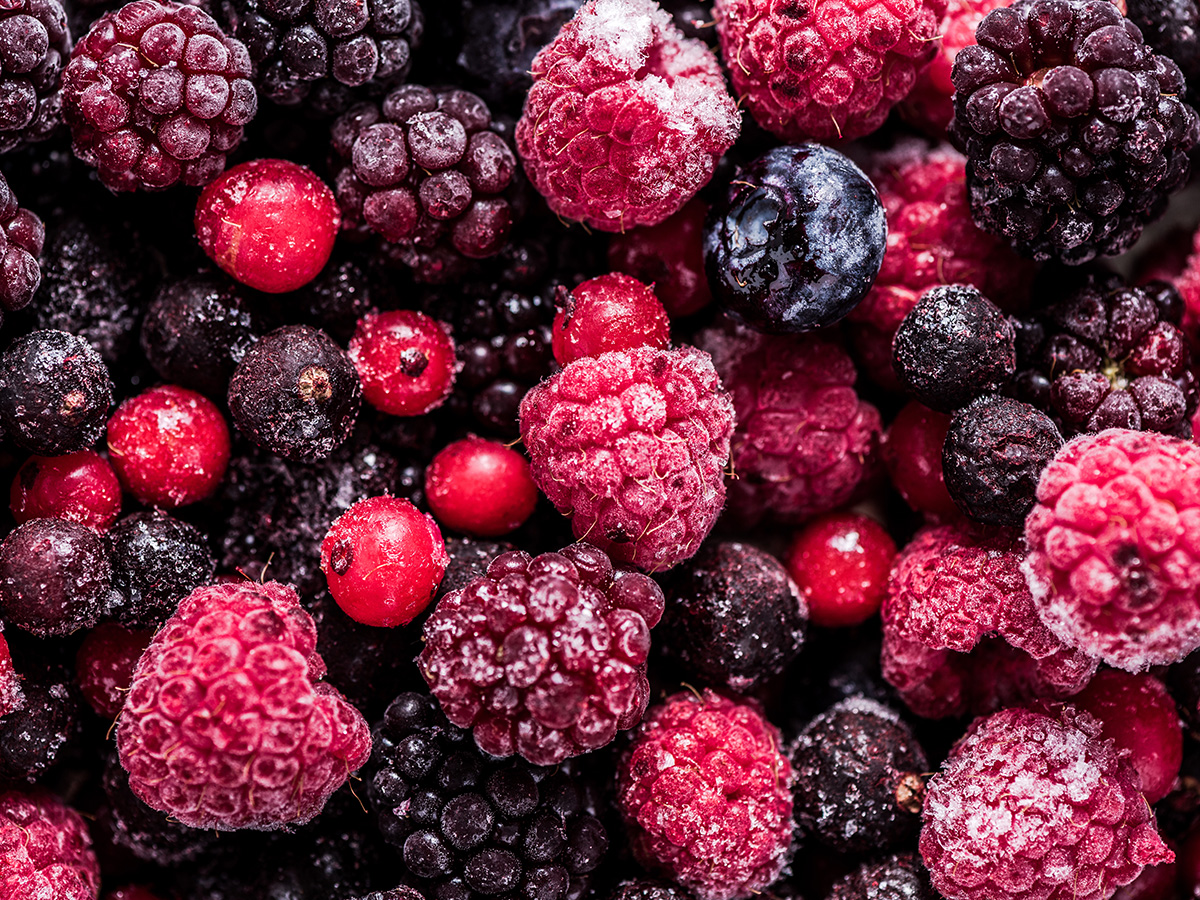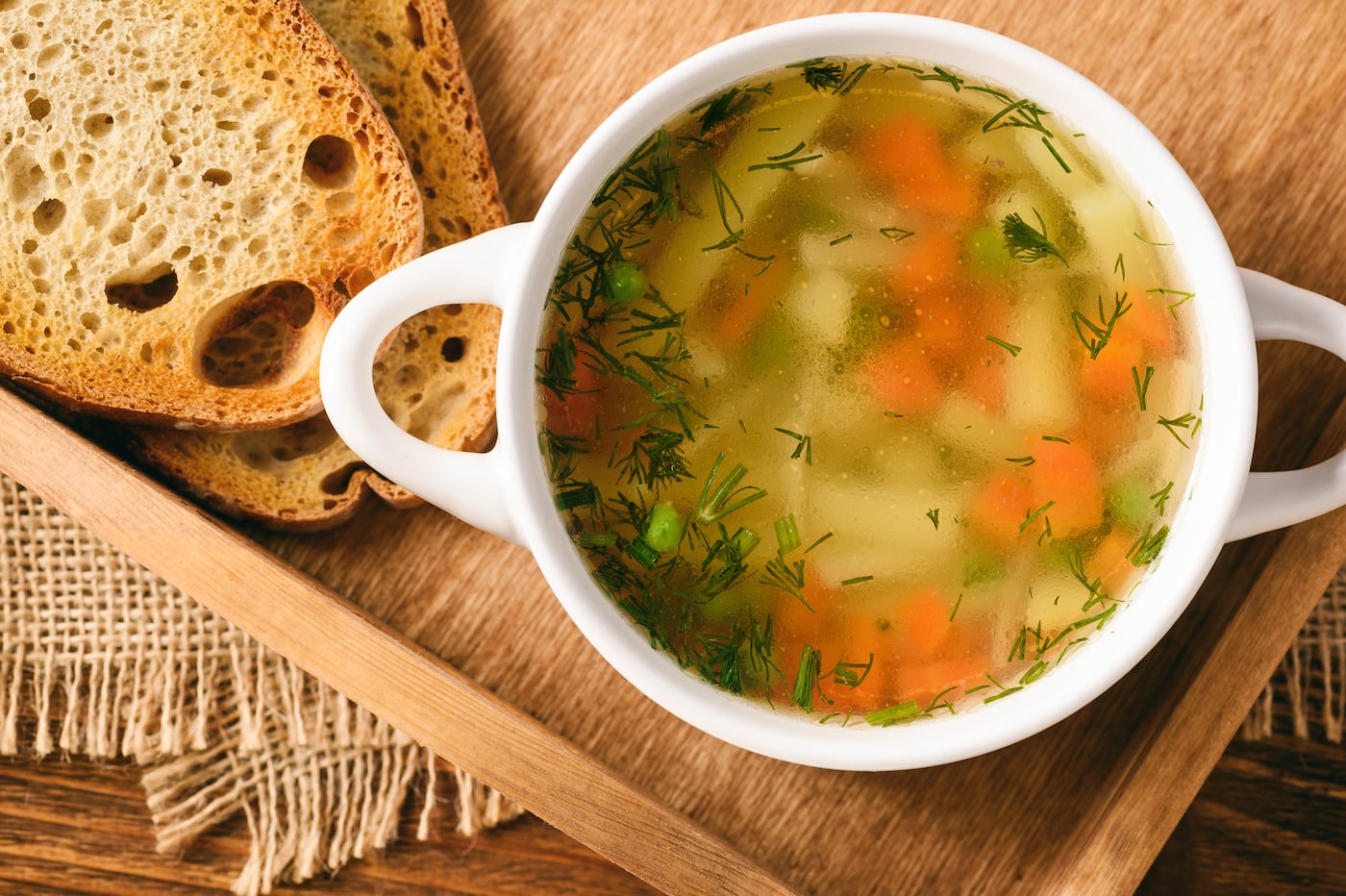
Breaking Down 4 Common Myths about Sustainable Packaging | The Environmental Impact of Plastic Packaging
Sustainability: we’ve been talking about it more and more as consumers and brands alike are making it a priority. In fact, recent FPA research shows that 86% of consumers and 84% of brand owners value sustainability in general. The same study showed that 79% of consumers and 72% of brand owners prefer products in sustainable packaging.
These figures underscore the idea that the push for sustainability is only growing. But, our view of what makes something (like packaging) “sustainable” can vary widely. Is it recyclability? Plastic elimination? Reusability? Bioplastics?
The definition isn’t so clear, especially with conflicting perspectives on the issue and misconceptions about packaging formats. Below are some of the most prevalent myths when it comes to sustainability and what you should consider when you’re making packaging decisions.
Myth 1: Plastics in Packaging Aren’t Sustainable
Plastic has earned somewhat of a bad reputation in recent years, as many groups are voicing concerns about recyclability and waste generation. These objections to plastic have left some brands reluctant to adopt technologies like flexible packaging (that actually adds to the sustainability of a package).
86% of consumers believe they understand the meaning of sustainability, only 60% of brand owners think consumers understand sustainability. — FPA
But, not all plastics are created equal. For example, in its Life Cycle Assessments of packaging types, the FPA found that 12 times more material ends up in municipal solid waste from a rigid plastic cat litter container than a comparable flexible package. The container also requires 11 times the material of a flexible package and uses 1,429% more fossil fuels in manufacturing.
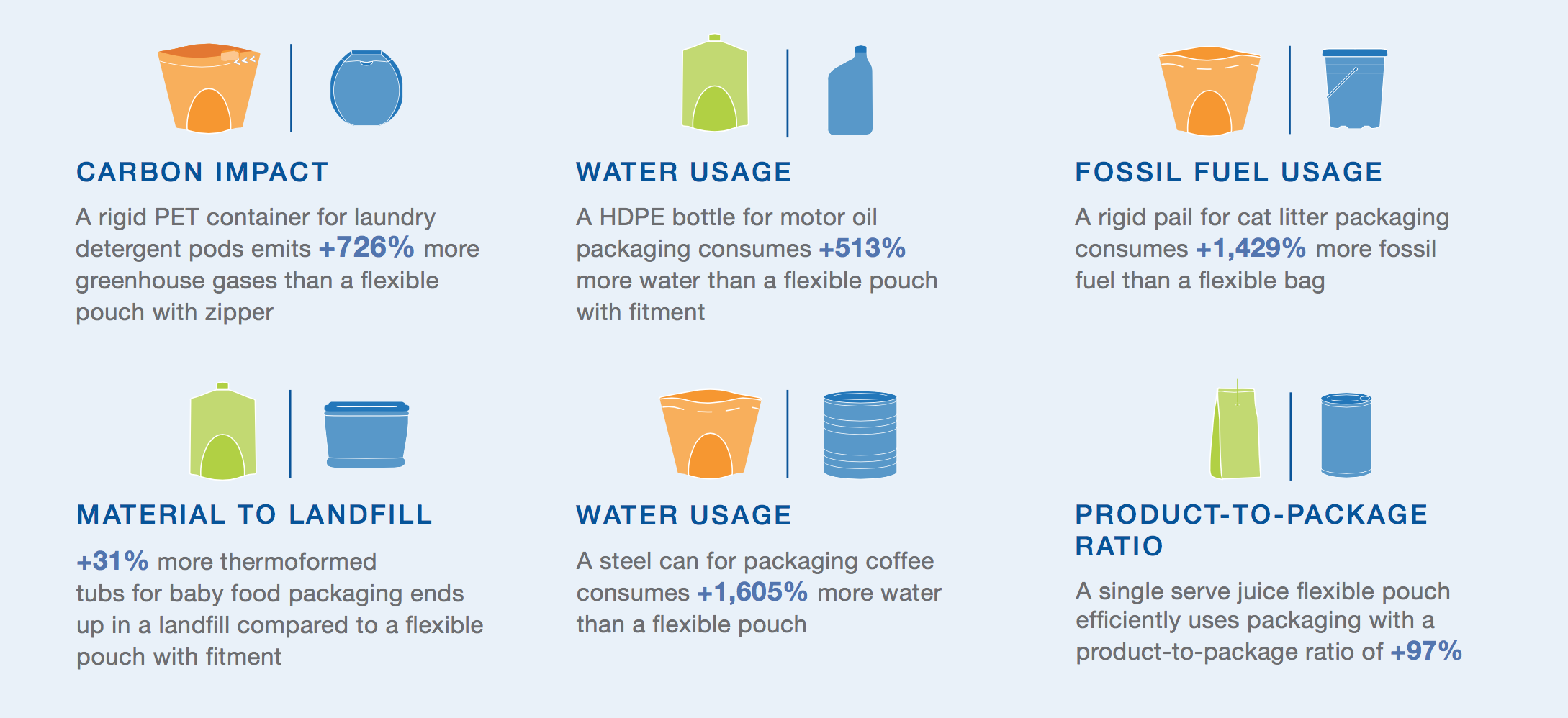
The FPA’s Lifecycle Assessment Case Studies compare the sustainability of various packaging types based on several factors, such as resource usage and product to package ratio.
These statistics show a wide variation in the sustainability of different types of plastic packages. When compared to other materials consumers may view as more sustainable, such as glass or steel, flexible packaging also tends to come out on top in areas such as carbon emissions. A glass jar of baby food, for example, has 3 times the carbon impact of a flexible package, and a steel coffee can emits 7 times more greenhouse gases than a standup flexible pouch (FPA).
Some resistance to plastic packaging may be due to a knowledge gap. The FPA shares that while 86% of consumers believe they understand the meaning of sustainability, only 60% of brand owners think consumers understand sustainability. These figures show a discrepancy which could mean consumers may not have access to the whole story, such as the carbon footprint or water usage of a package. Brands can get ahead of this by educating consumers about the holistic sustainability benefits of their products and packaging.
It’s important that both consumers and brands consider all of the factors that impact the sustainability of a package and avoid dismissing it solely because it’s made of plastic.
Myth 2: Recyclability is the Only Way to Achieve Sustainability
In recent years, both consumers and brands have seen recyclability as the holy grail of packaging. And, to help support the circular economy and cut down on waste, recyclable packaging should be a primary goal when you’re choosing a packaging solution.
Although recyclability is a major component of sustainability, it’s only one part. We must consider ways to support the “reduce” and “reuse” components of the circular economy as well, and one way to do so is to use fewer resources throughout the life of the package.
In the design stage, brands can opt for packaging that reduces the amount of plastic, water, energy, and fossil fuels required to produce the package. As illustrated in the FPA studies above, rigid packaging often uses more resources to produce or transport, and more material is required to effectively package the product.
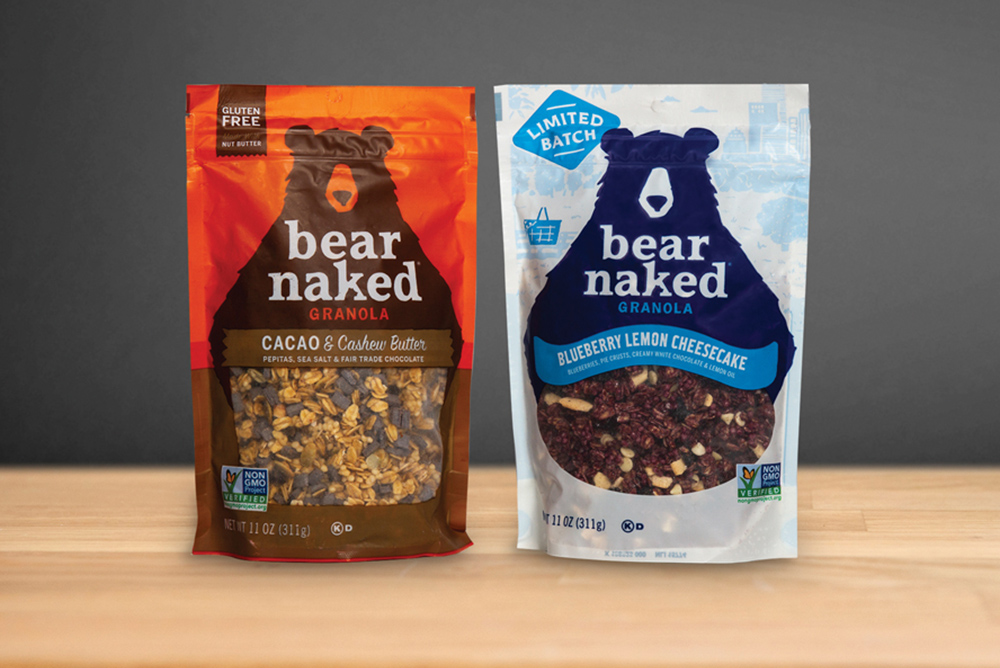
Though plastic, Kellogg Company’s flexible Bear Naked® granola pouch is fully recyclable and requires less energy to produce than rigid packaging like glass.
Although many rigid packages are recyclable, the resources lost throughout their lifecycles could negate the sustainability benefits gained by recyclability. Adopting sustainable packaging technologies like flexible packaging is one way to make sustainability a priority across all the components of a package, rather than limiting ourselves to what happens to it in the end.
Myth 3: Compostable Means Sustainable
Like recyclability, compostability can add to the sustainability of a package. Composting can cut down on waste and benefit the soil. But currently, composting (of many kinds) is out of reach for too many consumers. Only 4% of U.S. households have access to curbside recycling, and not all industrial composters can process all types of compost.
“The use of compostable packaging where compostable packaging collection and processing facilities do not exist is akin to unveiling recyclable containers before the existence of consumer education on recycling and [its] infrastructure.” — Claire Koelsch Sand, Food Technology Magazine
Should compostable materials end up in the recycling stream, they can contaminate it. There’s a lack of clear and standardized labeling of compostable items, further contributing to compostables ending up in landfills, recycling streams and also confusing consumers.
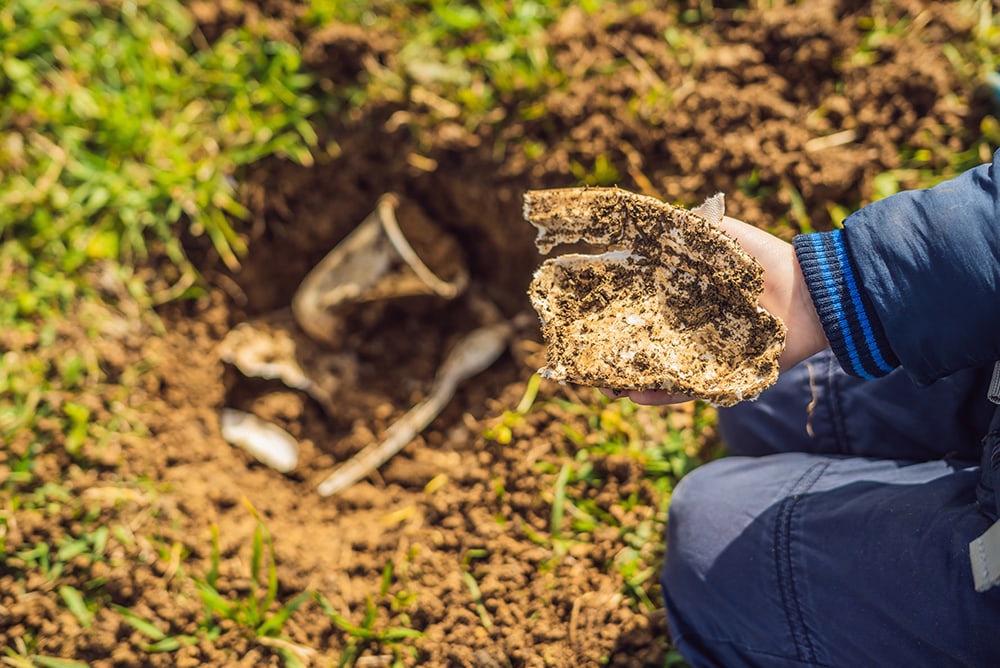
Before we can fully take advantage of compostable packaging technologies, we need a stronger infrastructure to support it, including consumer education and increased access to industrialized facilities and curbside composting. For now, the best way forward is to design waste out of a package from the beginning and consider ways to make the package more sustainable throughout its entire lifecycle, rather than just at the end of it.
Myth 4: Sustainable Packaging Isn’t Worth the Cost
Since sustainable packaging is still in its infancy, you might face added costs or barriers when moving away from your existing packaging. It’s clear, though, that sustainable packaging is something consumers don’t just want, but expect—and something for which they’re willing to pay more.
In fact, 73% of Gen Zers and 68% of millennials—two of the largest groups of consumers—are willing to pay more for sustainable products. Brands who want to reach new consumers and build loyalty with current sustainably-minded consumers should start moving to sustainable options such as flexible pouches. While the cost might be more upfront, the return on investment and potential number of loyal consumers gained will be well worth it.
The right packaging partners can help you navigate barriers to producing a sustainable, consumer-friendly package. For example, compatibility between closures and packaging materials has previously been a challenge in achieving recyclable packaging solutions, since the closure could be difficult to affix to or remove from the package.
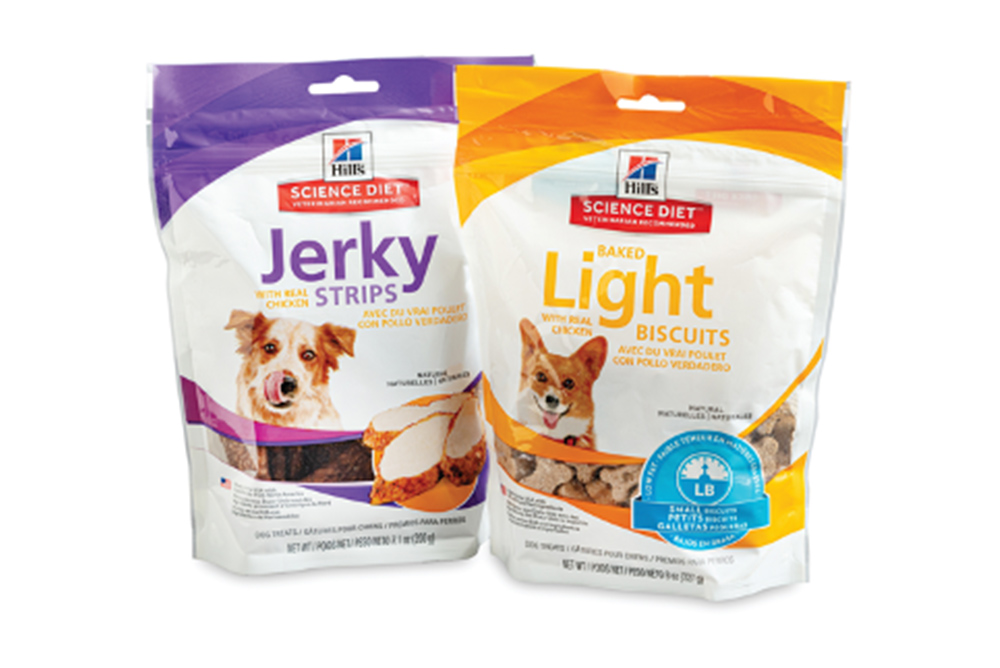
Hill’s Science Diet partnered with PPT and the Fresh-Lock® team to produce a recycle-ready flexible pouch, adding consumer convenience with reclosability and sustainability to its packaging. The package won the 2020 FPA Gold Award for Packaging Excellence, a Silver Award for Sustainability and another Silver for Technological Innovation.
Now, though, brands can produce a fully recyclable, reclosable pouch with innovative closures such as the Fresh-Lock® 8000 series. This line of closures is not only sustainable but is also fully compatible with leading film and manufacturing technologies.
Learn more about why you should be considering sustainable solutions in our exclusive webinar, Growth in Green: Opportunities in Sustainable Flexible Packaging.
What Does “Sustainability” Mean for Your Brand?
With all the facets of sustainability to weigh, it can be hard to know where to start when you’re looking for sustainable packaging options.
Begin by defining what sustainability means to you and what you want to prioritize. Are you looking to cut down on food waste? Reduce your carbon footprint? Add recyclability? Something else?
After nailing down a priority, you should consider the other components of your packaging (greenhouse gas emissions, water usage, and package-to-product ratio) to understand the full environmental impact of your packaging and choose a solution that aligns with your sustainability goals.
Consult Your Packaging Partners
Your suppliers can also provide valuable insights when you’re making critical packaging decisions, so make sure to reach out to them for their input. Contact the Fresh-Lock® team for more information about sustainable packaging solutions, recyclable closures, and adding consumer convenience to new packaging formats. Together, we’ll find a solution that’s right for you and your consumers.

 Back to Blog
Back to Blog